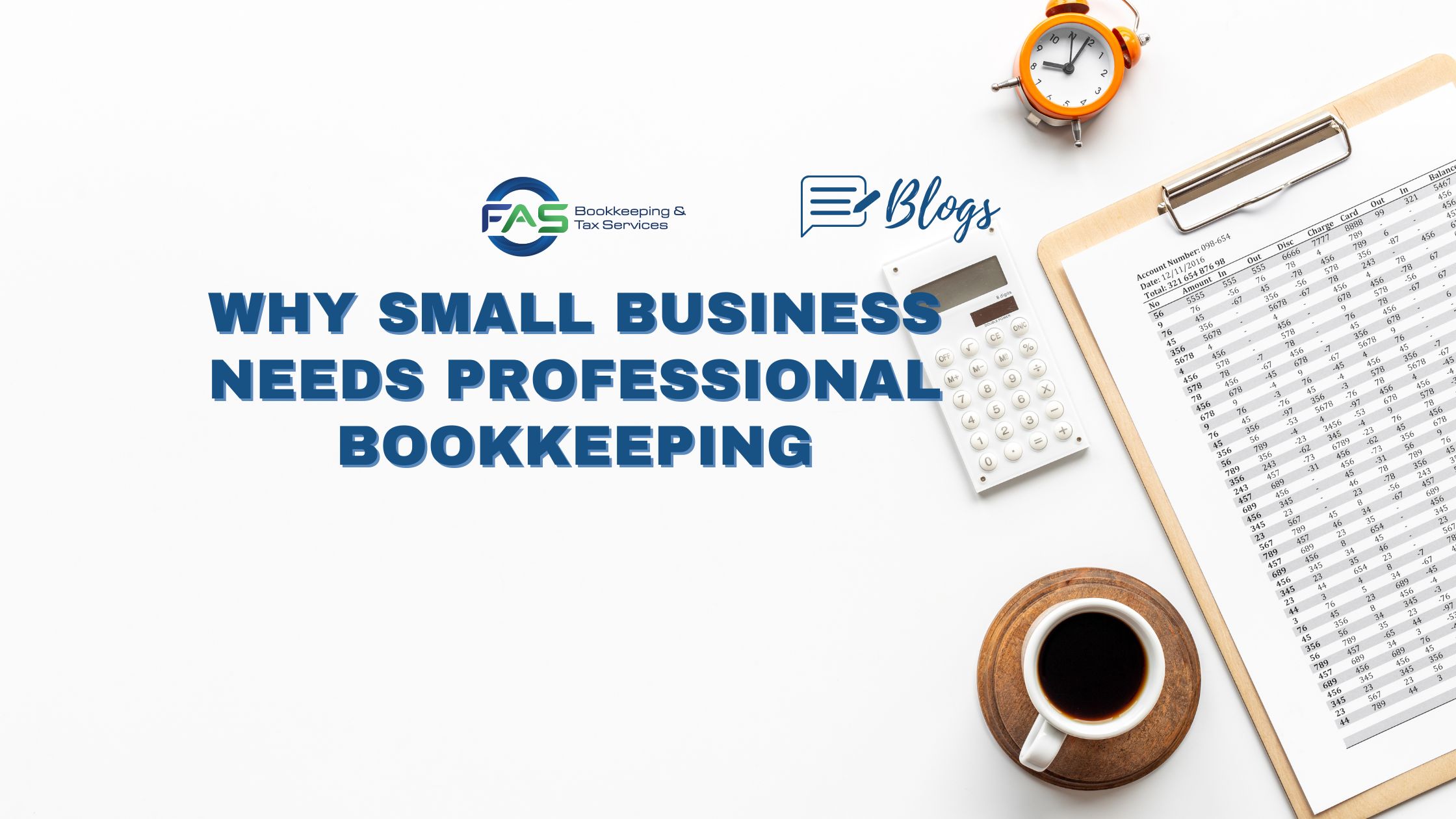People who are not eligible for a Social Security number must use individual taxpayer identification numbers (ITINs) if they have tax filing or payment obligations under U.S. law. Periodically and under certain circumstances, these ITINs expire and should be renewed as soon as possible to avoid unnecessary delays related to tax refunds next year.
ITINs that expire on December 31, 2020:
- Numbers with middle digits 88
- Those with middle digits 90, 91, 92, 94, 95, 96, 97, 98 or 99, if assigned before 2013 and if not already renewed.
Affected taxpayers will receive a CP48 Notice, informing a taxpayer that the ITIN should be renewed before the end of the year. This notice explains what actions a taxpayer will need to take to renew the ITIN if it will be used on a U.S. tax return filed in 2021. If a taxpayer has an ITIN number that has already expired and expects to have a filing requirement in 2021, they can renew any time.
Taxpayers with an expiring ITINs have the option to renew them for their entire family at the same time if they have received a renewal letter from the IRS. Family members include the tax filer, spouse and any dependents claimed on the tax return.
How to renew a ITIN
To renew an ITIN, a taxpayer must complete a Form W-7, Application for IRS Individual Taxpayer Identification Number and submit all required documentation. Taxpayers submitting a Form W-7 are not required to attach a federal tax return; however, they must still note a reason for needing an ITIN on the form.
Avoid these common errors when renewing an ITIN:
- Mailing identification documentation without a Form W-7
- Missing information on the Form W-7
- Insufficient supporting documentation, such as proof of U.S. residency or documents that support name changes.
If you need assistance with your taxes, contact us today!




